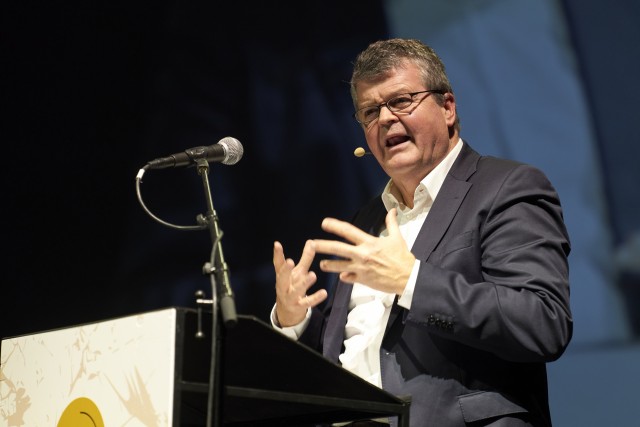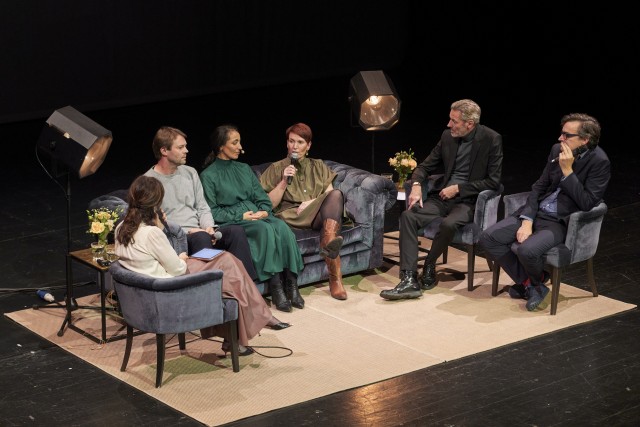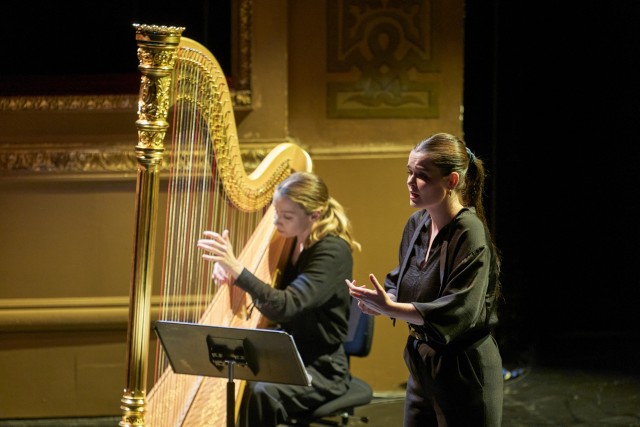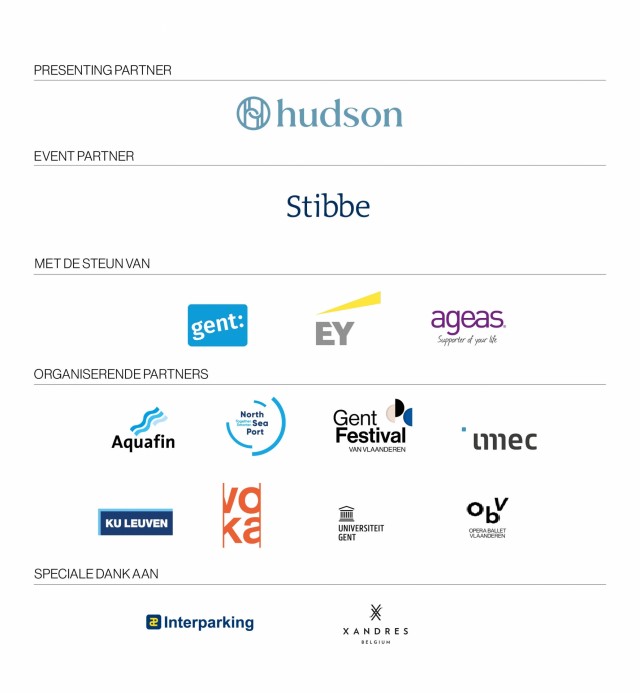The Flanders Informal Summit
On Thursday evening, 16 November, the 15th edition of the Flanders Informal Summit was held at the Ghent Opera, where 500 representatives from the academic, political, social and cultural circles gathered in an informal atmosphere. The summit focused on cities and urbanisation: how should we prepare our cities for a sustainable future? The academic session sought answers to this from different angles.
Flemish minister-president and chairman of the Informal Summit, Jan Jambon, stressed at the outset that cities - "the breeding grounds of new ideas and innovation" - have a pioneering role to play in meeting broad societal challenges. At the same time, he warned that urban growth is not endless, forcing political choices. He therefore advocated looking for new models that realise spatial, social, demographic, and environmental added value.

Urban policy is independent of ideology
From Tallinn, where the largest network of European cities held a meeting, Mathias De Clercq joined the chairman in arguing that agility resides in cities, where decisions are directly felt. “Trust in local government also makes cities and towns the nurseries of democracy par excellence and therefore is the most appropriate level to contain extremism”, emphasizes the Ghent mayor. The fact that cities also appear to be indispensable for achieving the Sustainable Development Goals (SDGs), was seized by his colleague from Braga, Ricardo Rio, to resolutely plea in favor of sustainable mobility and ecology.
Power to the local level
In his keynote, Bart Somers then explained his vision of the city and the future. For the mayor of Mechelen, the city should be both a source of freedom and a meeting place, leading to renewal and innovation. Following the example of his colleague from Ghent, he sees cities as the cradle of democracy, but also fervently advocates more cooperation between cities. Somers identified the need for smaller towns and municipalities to engage more collaboratively in order to drive more efficient policies and optimised services. "We need to work more in teams instead of pipelines, because more powers to local governments is the path to take." To achieve this, Somers says there is a need for a different relationship between Flanders and the cities.

Climate as a guiding principle
The question of what the city of tomorrow should look like was explored by moderator Lisbeth Imbo with an extensive panel. Professor of architecture Michiel Dehaene noted that momentum in urban innovation stems too seldom from policy, but is more often driven by urban movements. Dehaene also took issue with the lack of market-based housing. "We need to build for the population that is there now and reinvest in social housing." For Nele Van Damme of Upgrade Estate, a change of mindset about housing forms, including through the sharing of communal facilities, can respond to increasing urban pressures. The connecting effect also anchors social cohesion, which Badra Djait says has a positive effect on inclusivity in cities. For Jan Raes of Opera Ballet Vlaanderen, the cultural sector can also play a connecting role, including by opening up its patrimony and involving the urban population with participatory pathways.

Cities also have no choice but to consider the impact of global warming to safeguard their liveability. In his work, landscape architect Bas Smets everything comes down to climate: "You have to look at the city as a living organism and map the microclimate of the place. If we don't make cities liveable now, it will be critical for the next 1,000 years."
The academic session was enriched by musicians from Opera Ballet Vlaanderen and an evocative poem by Saskia De Coster.

Afterwards, the guests gathered at the meeting points in the Opera salons during a walking dinner and networking.

The Informal Summit is supported by presenting partner Hudson, event partners Stibbe, EY, Ageas and the City of Ghent, and organising partners North Sea Port, imec, KU Leuven, Aquafin, Ghent University, Flanders Festival Ghent, Opera Ballet Vlaanderen and Voka.
